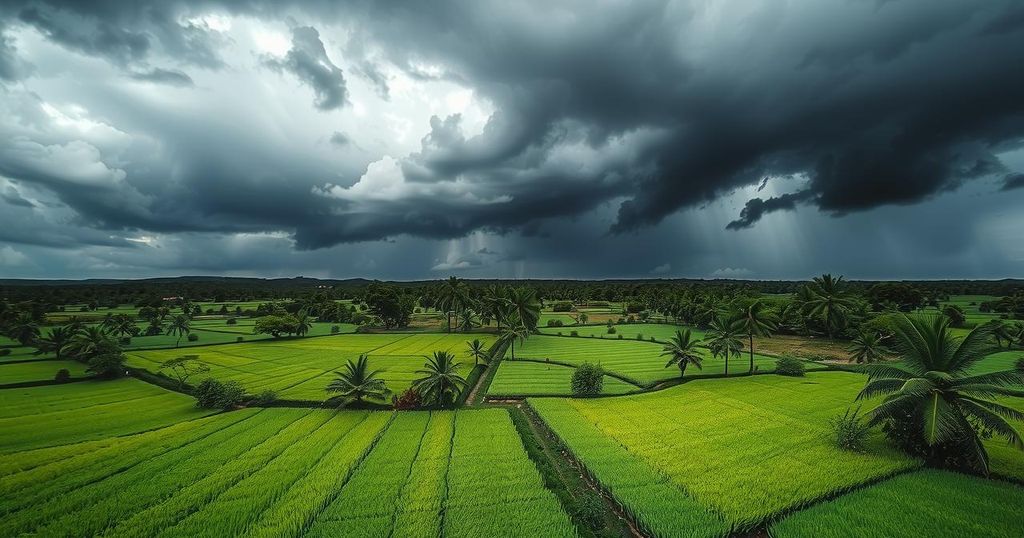Cyclones Stoke Malaria Crisis in Madagascar

- Malaria in Madagascar is increasingly influenced by climate change.
- Recent cyclones severely disrupted malaria control efforts in Madagascar.
- Research shows malaria infections surged after the cyclones hit.
- Vaccination could potentially prevent a significant number of malaria cases.
- There’s urgency in preparing health systems for future storm impacts.
Malaria Control Programs Face Severe Disruption
The issue of malaria in Madagascar is of growing concern, especially in the context of climate change. Vaccines, while a newer addition to combating malaria, are proving vital, particularly as storms become more frequent. Recent research, brought to light by Princeton University biologist Benjamin Rice, delves into this pressing matter, noting that in the wake of two devastating cyclones, the landscape for malaria control shifted significantly.
Storms Contribute to Rapid Malaria Infection Rise
As the cyclones wreaked havoc in Madagascar, the damage became evident not only in terms of infrastructure, but also in the malaria outbreak. Roads became impassable; waterways were contaminated, and vital crops were destroyed – what Rice described as a ‘straight-up catastrophe.’ After reviewing 500 households, researchers could see how, within just a couple of months following the storms, malaria infection soared. Up to half of school-aged children and more than a third of younger kids experienced malaria in certain areas, leading to grave concerns about the disruption of established malaria control programs and the rapid transmission of the disease.
Vaccines May Offer Protection From Future Outbreaks
Therein lies a glimmer of hope: new malaria vaccines could potentially mitigate the impact of such storm-induced outbreaks. Research indicates that large-scale vaccination efforts, aimed at immunizing around 70% of children before storm events, could halve the incidence of symptomatic malaria infections. Epidemiologist Kelly Searle from the University of Minnesota remarked on the promising implications of these findings. Despite vaccines not being flawless, they offer a much-needed defense and represent a proactive step forward amid a changing climate and the impending challenges it brings.
In conclusion, Madagascar’s struggle against malaria is becoming more complicated in the face of worsening climate conditions brought on by powerful storms. Research highlights the critical need for robust malaria vaccination programs, especially now as they provide a potential buffer against future storms. More than just a health crisis, this underscores the urgency of integrating climate resilience into disease control efforts.







